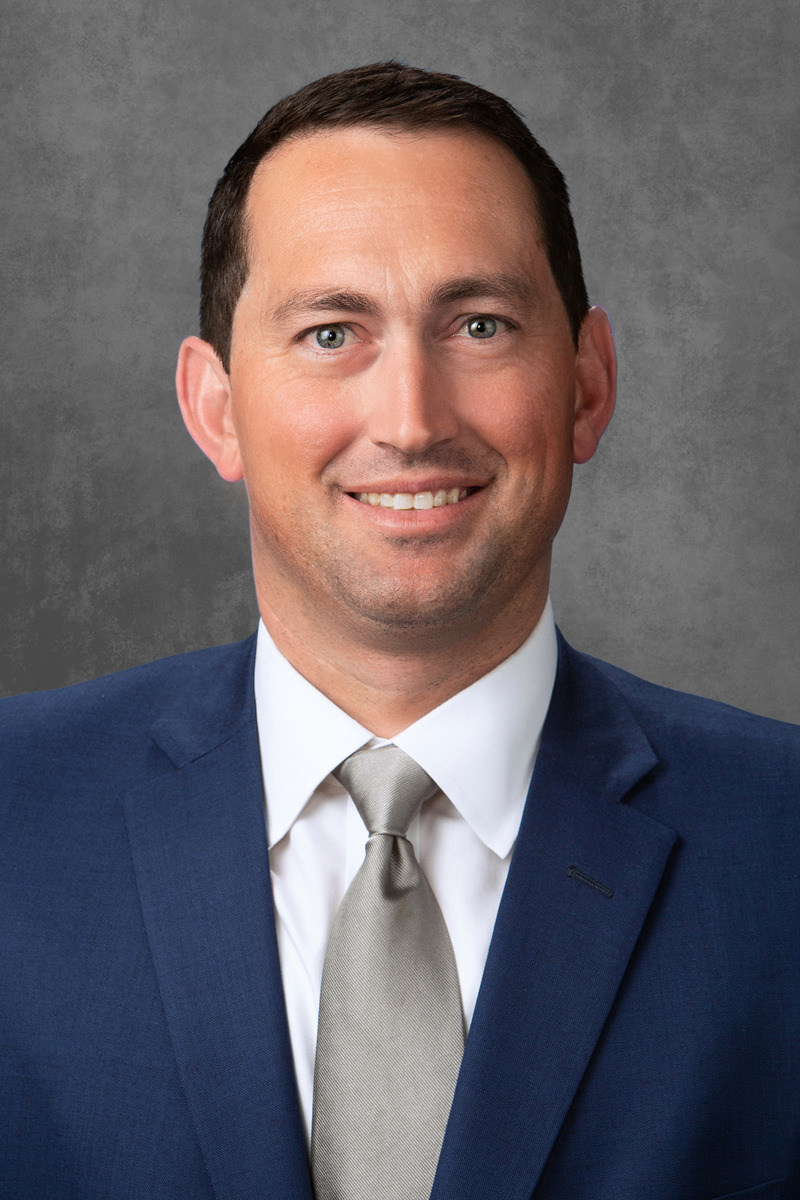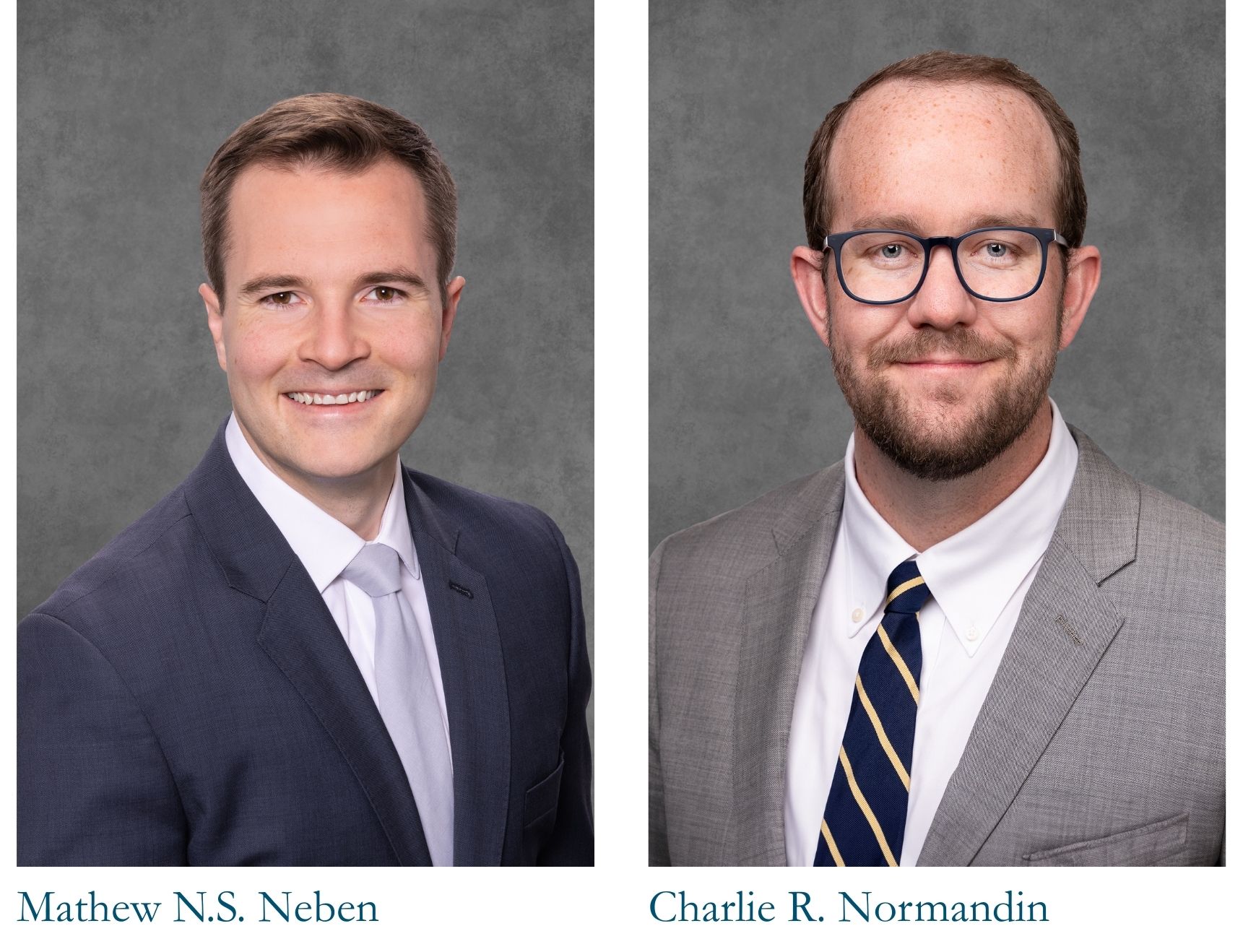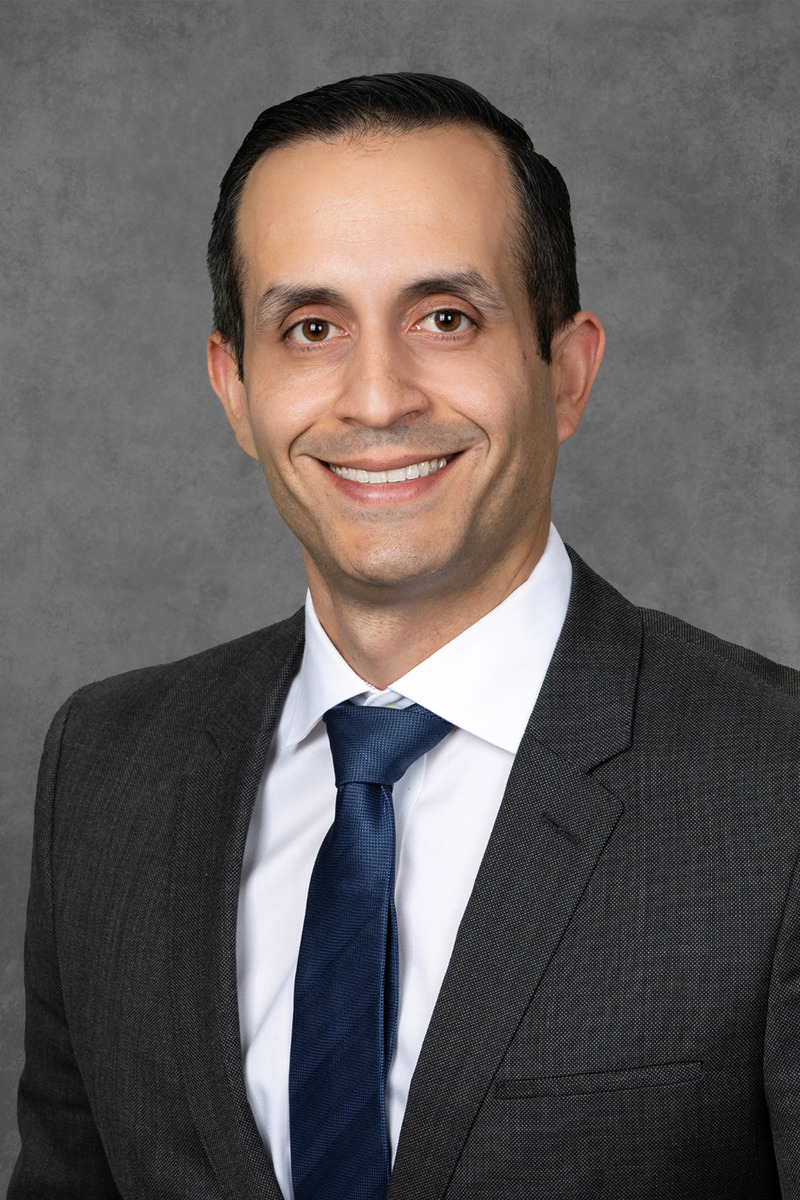Three key questions to strengthen your investment strategy.
At its core, investing is straightforward: Buy low, sell high. But additional factors such as taxes, along with your risk tolerance and asset mix, can significantly impact your returns. Three key questions can help ensure your investment strategy is positioned to maximize your long-term after-tax returns and legacy goals.
1) Is your wealth concentrated in just one or two businesses, asset classes, or stocks?
At Whittier Trust, new clients frequently come to us having created significant wealth through a single asset—perhaps their own company or stock from an employer. As the oldest multi-family office headquartered on the West Coast, we have seen this position time and time again. But that doesn’t mean that we respond in the same way each time.
 “Conventional wisdom tells us that reducing the concentration and diversifying the proceeds is the appropriate way to mitigate an investor’s risk,” says Nick Momyer, Senior Portfolio Manager at Whittier Trust. “But while that may work for one client, it could be all wrong for another.”
“Conventional wisdom tells us that reducing the concentration and diversifying the proceeds is the appropriate way to mitigate an investor’s risk,” says Nick Momyer, Senior Portfolio Manager at Whittier Trust. “But while that may work for one client, it could be all wrong for another.”
At Whittier, we never take a one-size-fits-all approach. “The first step,” Momyer explains, “is to leverage our expertise as fundamental investors to gain a foundational understanding of your assets.”
The Whittier investment team will study the tax characteristics of your holdings and factor in the exposures that inform potential risk and return. “Then, armed with this deep knowledge, we craft personalized portfolios comprised of uncorrelated assets, minimizing the overlap with your existing holdings,” Momyer says.
This complementary method delivers tax efficiency and enhanced downside protection, safeguarding your wealth.
2) Is your investment portfolio tailored specifically for you? Or do you sometimes feel you’re just another account number to your wealth manager?
At Whittier Trust, we believe our clients deserve a more calibrated approach that can significantly improve the compounding power of your portfolio: the use of individual securities for tax-efficient wealth management. Unlike mutual funds, individual securities offer granular control over your portfolio, selecting each holding with detailed knowledge of its track record, integrity, and growth potential.
“Our client-centric approach starts with your objectives,” Momyer says, “which guide our management of a customized portfolio, tailored specifically for your unique needs and desired outcomes. This gives us great advantages for capital gains management and tax-loss harvesting. We can identify assets to complement and diversify a legacy portfolio of concentrated positions, then manage capital gains on a security-by-security basis. This allows us to potentially defer, transfer, or even avoid capital gains taxes through calculated selling and tax-efficient gifting strategies.”
 The market will always have ups and downs, and at Whittier, we use these fluctuations to your advantage. By strategically harvesting tax losses on underperforming stocks, the Whittier team offsets taxable gains from other investments, reducing your tax bill and freeing up capital for reinvestment. “Think of it as tax alpha,” Momyer says, “Actively using tax-efficient strategies to boost your after-tax investment returns.”
The market will always have ups and downs, and at Whittier, we use these fluctuations to your advantage. By strategically harvesting tax losses on underperforming stocks, the Whittier team offsets taxable gains from other investments, reducing your tax bill and freeing up capital for reinvestment. “Think of it as tax alpha,” Momyer says, “Actively using tax-efficient strategies to boost your after-tax investment returns.”
These stratagems are particularly beneficial for ultra-high-net-worth clients with complex portfolios that include concentrated and highly appreciated assets. Individual securities allow us to navigate these situations effectively, minimizing tax drag and preserving more of your wealth to compound over time.
“One recent example was a client who inherited a concentrated technology holding with a looming tax burden,” Momyer recounts. “We saw an opportunity for a multi-pronged approach. By expertly harvesting tax losses elsewhere in their portfolio and leveraging the client’s donor advised fund, we reduced their tax liability, diversified their portfolio, and honored their charitable wishes.”
3) Are your investments aligned with your long-term financial and legacy goals?
Many investors focus on growing their wealth but may not have a clear roadmap for sustaining it over generations. At Whittier Trust, we integrate portfolio strategy with estate planning, philanthropy, and wealth transfer goals.
 “Our approach goes beyond returns. We help clients structure their investments to support their broader objectives, whether that’s leaving a legacy for their family, supporting causes they care about, or simply enjoying financial freedom,” Momyer says. “By considering factors like trust structures, estate planning, and tax implications, we help ensure your portfolio works in concert with your long-term vision.”
“Our approach goes beyond returns. We help clients structure their investments to support their broader objectives, whether that’s leaving a legacy for their family, supporting causes they care about, or simply enjoying financial freedom,” Momyer says. “By considering factors like trust structures, estate planning, and tax implications, we help ensure your portfolio works in concert with your long-term vision.”
At Whittier Trust, we take a holistic approach to wealth management, ensuring that your investments align with your evolving financial needs and legacy aspirations. By combining deep investment expertise with thoughtful estate and tax planning, we help clients not only grow their wealth but also secure their financial legacy with confidence and purpose.
Getting Started
At Whittier Trust, our history and experience become your advantage, directing you to the strongest market performers while making sure taxes don’t erode your wealth. Once our investment team gains a clear understanding of what matters most to you, we craft a customized, efficient portfolio of individual securities, to maximize your after-tax return and meet your objectives. You gain greater control with less effort and stress, knowing you can rely on your fiduciary advisor and family-office investment team to act in your best interests. We invite you to contact Whittier Trust today and discover how we can help you not only achieve your personal and financial goals, but perhaps surpass them.
If you’re ready to explore how Whittier Trust’s tailored investment strategies can work for you, start a conversation with a Whittier Trust advisor today by visiting our contact page.
From Investments to Family Office to Trustee Services and more, we are your single-source solution.



 Whittier Trust is pleased to announce the promotions of
Whittier Trust is pleased to announce the promotions of 













